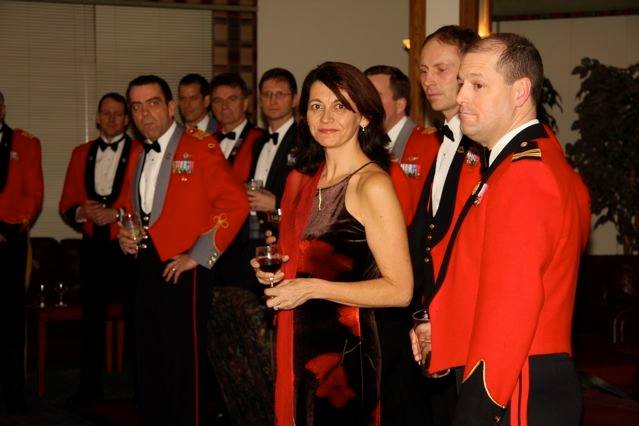Part 3: Suzanne Steele, Librettist and Multimedia Artist

In 2012, the Calgary Philharmonic Orchestra and One Yellow Rabbit theatre company commissioned Suzanne Steele to write the libretto for Afghanistan: Requiem for a Generation. Suzanne’s work with composer Jeffrey Ryan is one example of the collaboration she has pursued in her career, between artists and across media. In the final part of this interview series, Virginia and Suzanne explore the role of collaboration in creative work.
As editors, we often make powerful contributions to the success of a work, while remaining invisible to the reader. It strikes me that your experience working with composers is similar. The composer is the named “author” of the piece; however, the librettist is often a hidden contributor. How did you manage your collaboration with the Requiem’s composer?
I’m a trained musician, so some of the music was already in the words I had written as a poet. I chose the musical form and the languages (Pashto, English, French and Latin), and I wrote the text for the Requiem. But I was also free to guide the composer on timbre and the deployment of vocal soloists.
Sometimes I requested musical motifs or ideas, such as the opening call to prayer; the use of the Latin chorus as a low, ever-present war machine; the inclusion of an SOS in Morse code; and the sounds of the helicopter medivac in the Dies Irae.
The composer, at that stage, was my collaborator and I was his. Jeffrey was open to my ideas and found powerful ways to bring them to life in his composition. The results are evident in both the music and the words of the piece — which might have been entirely different without my firsthand experiences in Afghanistan.
You and I often talk about our editing roles as being collaborative. I work with coal miners and engineers as well as gardeners and poets. Who else have you collaborated with?
As Canada’s war poet, I once received life lessons from a sniper. The series of poems titled “Sniper Lessons” is about the experience of war, of course. It’s also about coping with the dissolution of a 29-year marriage. If you read or listen to those poems, you’ll understand that they were his lessons to me at a difficult time in my life; the sniper coached me as if he were coaching a newly appointed sniper.
Many veterans sent me their poetry, including the sniper. I mentored him, recorded some of his work, and was his editor and promoter. He is a brilliant writer. So I was also his collaborator.
Quite literally, he was giving me lessons on how to comport myself in a legal situation. And yet those lessons are not about me. They are about the pure expression of his experience, and mine. Artists are just a conduit for experiences we all go through, in one form or another.
As editors, we might want to find new ways to describe our contribution. How do we ask for and receive credit for our collaboration with authors?
First of all, we need to look for ways to make that kind of contribution. This is especially true in the gig economy, where editors often don’t have an opportunity to develop relationships and an editorial voice, let alone acquire basic editing skills.
We need to see our role the way the dramaturge does. These theatre professionals pre-read and recommend adjustments to the dramatic arc, fine-tune the pacing of the performance, and identify places to make cuts. The dramaturge is essential to the whole process.
There’s a point where the writer has to let go and say, “It’s not mine anymore.” It’s the editor’s job to push it to that stage, to take it off the writer’s plate. But it’s also the editor’s role not to break that trust once it’s given.
___
Find out more about Afghanistan: Requiem for a Generation:
___
Read Part 1: Dr. Suzanne M. Steele, scholar and editor.
Read Part 2: Suzanne Steele, war poet.
___
The Editors’ Weekly is the official blog of Editors Canada. Contact us.
Discover more from The Editors' Weekly
Subscribe to get the latest posts sent to your email.
